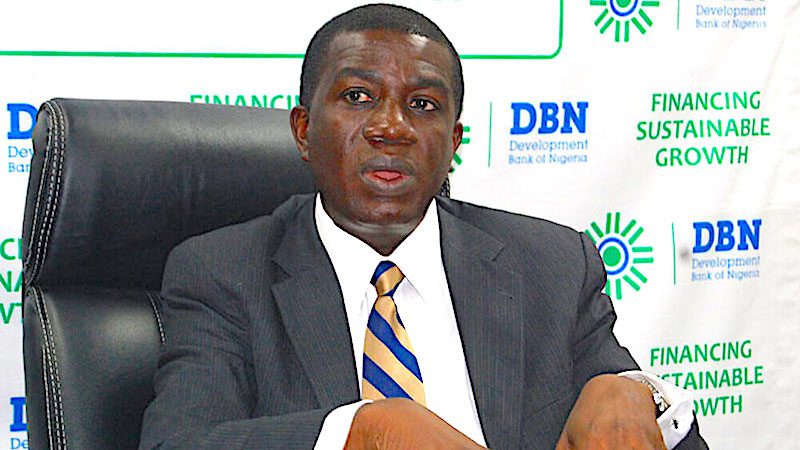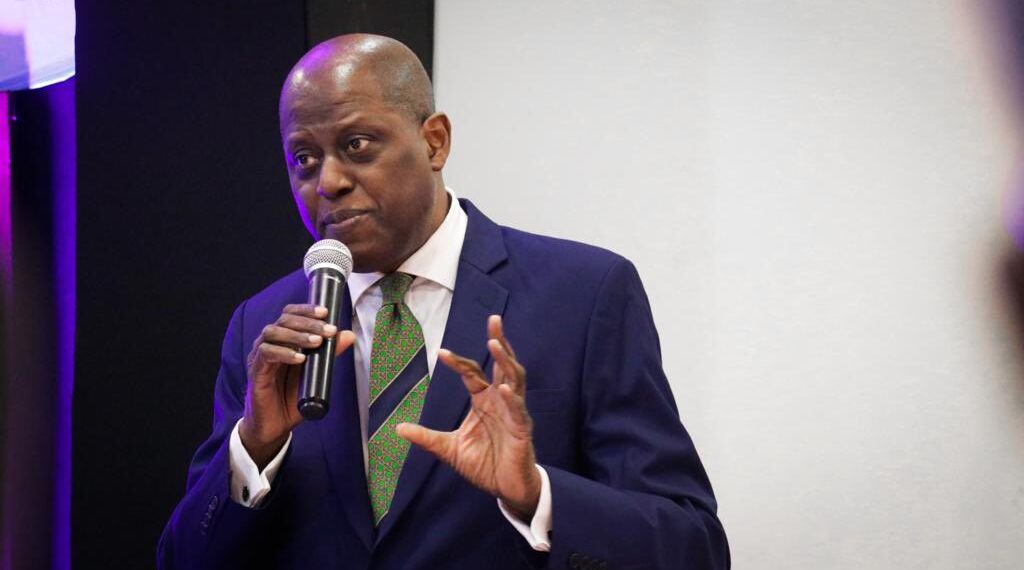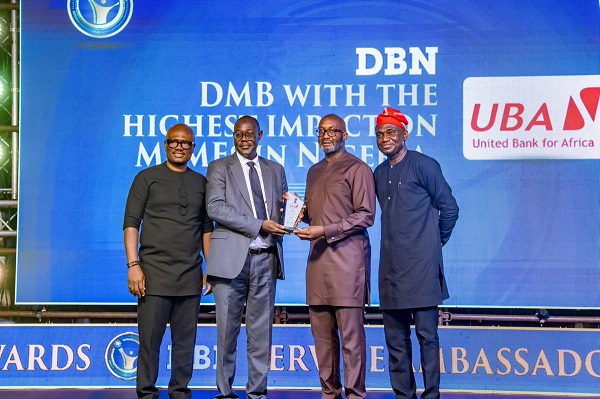With the Central Bank of Nigeria’s (CBN) March 31, 2026, deadline looming, Nigerian banks are in a race against time to meet the new minimum capital requirements. This ambitious exercise, described as the most consequential regulatory shakeup in over a decade, has spurred intense activity within the financial sector as banks explore various strategies to bolster their capital base.
Raising the Bar: New Capital Requirements
In March 2024, the CBN announced significantly increased minimum capital requirements for banks, depending on their license category. Banks with international licenses must raise their capital base to N500 billion, up from N50 billion. National banks now require a minimum of N200 billion, compared to the previous N25 billion, while regional banks must maintain a N50 billion capital base, a jump from N10 billion. Merchant banks with national licenses now require N50 billion. For national and regional non-interest banks, the base is N20 billion and N10 billion, respectively.
The CBN’s objective is to create stronger and more resilient banks that can support Nigeria’s economic growth and withstand various shocks. The central bank expects banks to inject fresh equity capital through private placements, rights issues, and public offers. Additionally, banks may pursue mergers and acquisitions or downgrade their license authorization. The CBN has set a deadline of March 31, 2026, for compliance.
Strategies in Play
As the deadline approaches, banks are employing diverse strategies to meet the CBN’s mandate. These include:
- Rights Issues and Public Offers: Several banks have launched rights issues to raise capital from existing shareholders. For example, Zenith Bank raised N290 billion through a combination of rights issues and public offers, exceeding the N500 billion benchmark. Access Bank completed a N351 billion rights issue, pushing its capital to N594.90 billion. UBA’s rights issue was oversubscribed by N251 billion.
- Private Placements: Some banks are turning to private placements to attract investments from strategic investors. Fidelity Bank has secured CBN approval to proceed with a private placement expected to launch in the second half of 2025.
- Mergers and Acquisitions: The recapitalization drive is likely to trigger mergers and acquisitions, particularly among smaller banks struggling to meet the new requirements. Providus Bank recently acquired Unity Bank and awaits regulatory approval for its recapitalization exercise.
- Downgrading Licenses: Banks that anticipate challenges in meeting the capital requirements may choose to downgrade their licenses to align with their capital levels.
Challenges and Opportunities
While the recapitalization exercise presents opportunities for banks to strengthen their financial positions and expand operations, it also poses significant challenges. These include:
- Raising Sufficient Capital: Banks need to secure a substantial amount of capital within a relatively short timeframe, necessitating careful planning.
- Economic Headwinds: Macroeconomic challenges such as inflation, currency volatility, and forex illiquidity could complicate recapitalization efforts.
- Market Volatility: Foreign exchange fluctuations and inflation remain significant risks that could undermine the value of capital bases, complicating compliance.
Despite these hurdles, the CBN remains optimistic that banks will comply with the new capital requirements. The exercise aims to create a more robust, innovative, and competitive banking sector that can drive economic growth and support Nigeria’s aspirations for a $1 trillion economy by 2030.




